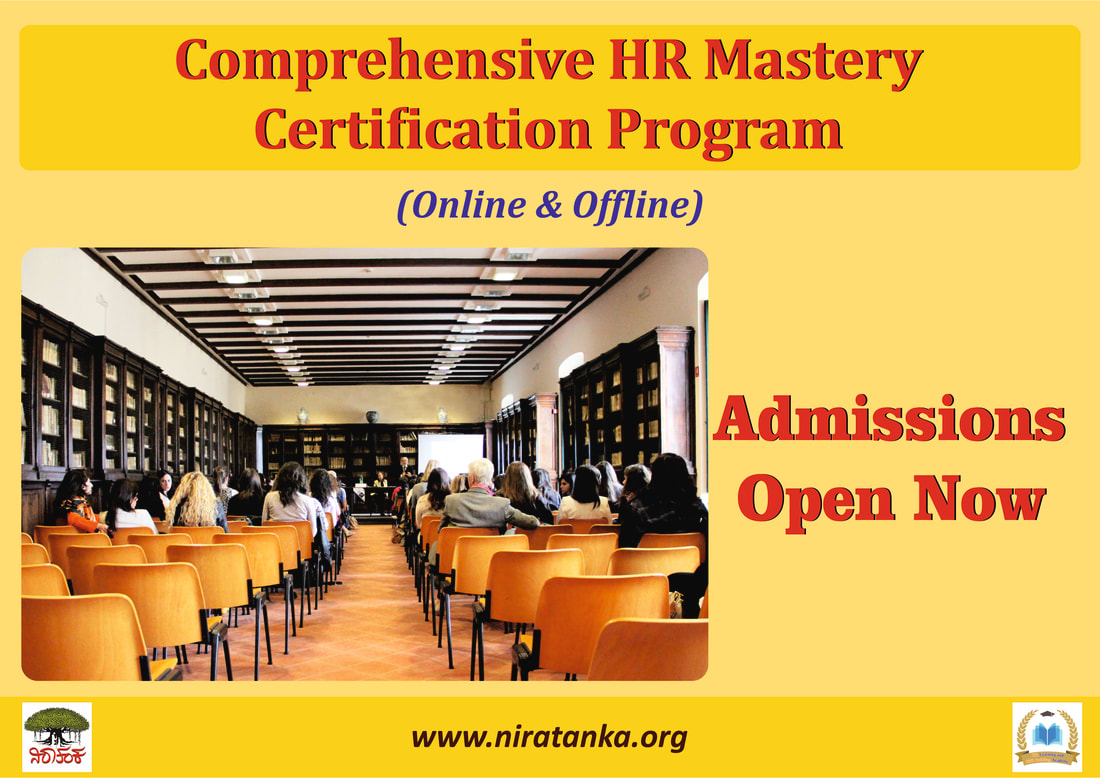|
Abstract
Psychological Competence has a bearing on well-being of older persons and it has positive association with life satisfaction of the elderly. An attempt has been made in this paper to discuss the significance of psychological competence with reference to coping strategies adopted by the elderly and its implication for their life satisfaction and well-being. KeyWords: Psychological Competence, Coping Strategies, Life Satisfaction, Psychological Distress, Gerontological Social Work INTRODUCTION
Suicide in most of the religions is considered as a sin and result of an act against almighty's will. It is the extreme decision and result of an act deliberately initiated and performed by a person in the full knowledge or expectation of its fatal outcome. Suicide leaves behind a series of adverse consequences to the sufferer and their near and dear ones for life long. In many countries it comes under preview of strong social stigma and lots of social control measures have been taken to control it, thus it has been strongly discouraged in many religions. Life of all creatures especially human is wonderful gift and thus any act directed to destroy it, with full knowledge of its fatal outcome, cannot be justified on any ground. It is now a major public health problem. Taken as an average of 53 countries, for which complete data is available, the standardized suicide age rate for 1996 was 15.1 per 100, 000. The rate for males was 24.0 per 100,000 and for females 6.8 per 100,000. The rate of sucide is almost universally higher among men compared to women by an aggregate ratio of 3.5 to 1. With regard to gender, the suicide rates are seen higher among men than women. THE PERFECT SETTING
The Sumangali Seva Ashram (SSA), headed by Susheelamma, sprawls across a one-acre piece of land in Cholanayakanahalli, on the outskirts of Bangalore, near Hebbal, Bengaluru. The large well attended compound exudes an aura of peace. Along the cobbled pathway, is a picturesque hillock with a temple, a meditation hut to the left and to the right a circular open pavilion for visitors. The ashram, entirely managed by women, is filled with the happy laughter of children and the chirping of birds. Women manage all the finances and activities of this-huge complex. They tend to the ashram cattle, the garden, the school, the hostels and the training centre. But behind each bright face is a story of pain, suffering and rejection by society. Introduction:
Caste in India is an important feature of all economic and social activities. Estimated to be around 25000 years old, the caste system has undergone various transformations from ancient verna system to contemporary jati system (Deshpande, 2005). Over the period society has grew more complex, the presence of conventional caste system is still predominant in social, economic and political behavior of people. In the market economy framework, the caste continue to restrict the mobility of people belonging to lower caste in various markets such as land, labour, credit and services necessary for economic activity. The division of labour on the basis of their caste is one of the fundamental functions of caste system. Due to long exclusion & deprivation of various social, political, civic and economic rights make the labour class belonging to lower caste vulnerable to various caste based discriminations. Need for Psycho-Social Interventions among Adolescents: (Present Perspectives and Future Prospect)4/3/2020 Introduction
The word Adolescence is Latin in origin, derived from the word “adolescere”, which means, “to grow into adulthood.” “In all societies adolescence is a time of growing up, of moving from the immaturity of childhood into the maturity of adulthood, of participation for the future.” Adolescence is a period of transitions, biological, psychological, social and economic and from immaturity into maturity which occur universally; virtually without exception. Some of these passages are long and some are short; some are smooth and others are rough. And not occur at the same time. The fundamental challenges of adolescence which gives the period its special flavor and significance are onset of puberty, emergence of more advanced thinking abilities and transition into new roles in society. (Paul.D et al: 2006). Problems and stress among adolescents Although the changes during this stage are natural, some adolescents do develop maladaptive coping skills in accepting the developmental challenges. Therefore, this stage is also known as period of storm and stress. Problems of adolescents are increasing day by day in the present Indian society due to the impact of modernization and westernization and perhaps because of lack of proper guidance. Stressful experiences and efforts to cope with stress are central to understanding psychological distress and psychopathology during adolescence. Stress emerges for young people as they enter adolescence, a transition that brings rapid socio-emotional changes. The stress being experienced by teenagers can be classified as body change, family stress, peer stress, romantic relationship stress, school stress, and neighborhood stress. Unmanaged stress is effecting on an adolescent’s long term physical and mental well-being and been disrupting an adolescent’s capacity to handle the demands of daily life. Social Workers works on the community level - including community development, grass root organizing, political advocacy and so on. Providing services to communities while providing education and training for social work practice in the communities, is at the core focus point. In order to fulfill a commitment to the community concept, students need a well defined concept individual, group and community practice in order to provide the range and quality of services that are required for social work practice in the 21 st century global community paradigm.
In recent years. the country has been a witness to the rapid growth of regionalism, casteism and communalism. Since these pose a very grave threat to the country's integrity and also to the laboring masses ID terms of their livelihood, social action is often addressed as the only solution to making the poor and the marginalized aware of their rights.
Social Development means evenly shared balanced progress of entire populations towards enhancement of the circumstances ofliving, the quality of life and the quality of human relations. If the idea of sustainability, which is the idea of the day, is inculcated then social development should also meet the needs of the present without compromising the ability of future generations to meet their own needs. Dr. T.S. Chandrashekara Faculty, Dept. of Social Work, Kristu Jayanthi College ABSTRACT
Any learning to be permanent has to be based on practice. It is the practice, and the knowledge that comes from it, develops and even testifies the theories. It is argued that theory is the base for practice and also equally it is argued that practice is the base for theory. However I feel both are necessary; a sound theory can provide good inputs (specially in terms of knowledge) for effective practice and good practice can make theories more relevant. The author in this paper attempts to brief on how social work is a practice based learning specially highlighting how the theoretical knowledge has been effectively put into practice and how the practice has made the theories of social work appropriate and contributing for modification whenever required. Dr. H M Marulasiddaiah Former Prof. & Head, Department of Social Work, Bangalore University To open the discussion on this quite exciting topic, 'Exploitation of man by man', we may put a question thus: "who else can exploit man other than the man himself?" For, the insects and the reptiles cannot, the birds and the animals cannot, and certainly not the inanimate elements of nature can exploit man.
'Exploitation' negatively means making use of factors & forces for one's own ends expressed in various ways enslaving, killing, taking bribes, robbing, threatening with dire consequences, deceiving, immoral trafficking, using things recklessly, etc. Further, exploitation may be understood from two viewpoints-the positive or constructive, and the negative or destructive: in two ways - the direct and the indirect; and may be applied in two areas-the physical world and the human society. Exploitation is understood, by and large, here in the negative view point. Muhammad Yunus: Bangladeshi economist and founder of the Grameen Bank, an institution that provides Microcredit (small loans to poor people possessing no collateral) to help its clients establish credit worthiness and financial self-sufficiency. In 2006 Yunus and Grameen received the Nobel Prize for Peace. Yunus himself has received several other national and international honors.
Reviewed by Sachita B Rudrapuri Under the Guidance of Prof. Ravindra D Gadkar Malcolm Payne (born 13 June 1947),is a retired Polish-English academic and writer in the field of Social Work. He was director, psycho-social and spiritual care taker at St. Christopher’s Hospice. He had broad experience of social work having worked in probation, mental health, day care, social work and spiritual care. He is best known for his ‘Modern social work’ theory textbook.
Systematic thought and modern scientific practices regarding social work are of recent origin. In old tribal societies, the aged, the mentally feeble and the disabled were either cared for or neglected according to the affections, abilities or traditions of the groups. In some, the aged were respected and their advice sought, while in others they were considered a burden and were neglected. The disabled were disregarded and even killed off at birth.
Introduction
A survey, whether in India or abroad, reveals the relative absence of theoretical and analytical literature dealing with social welfare-its nature, goal, function and evolution. This is more so with regard to the Indian situation. A limited attempt at the theoretical analysis of social welfare in the Indian social context has been made by only Gore. Explaining his approach to social welfare, Gore makes reference to the relationship between social welfare and social structure in some of his writings. He also states that his approach is sociological. Abstract
Bipolar Affective Disorder (BPAD) is a psychological illness that involves severe mood swings. These mood swings take the form of depression or mania and may last for several months at a time. Depression which effects both the mind and the body and it is a leading cause of disability, workplace absenteeism, decreased productivity and high suicide rates (Michaud, et al 2001). During mania patients often have increased libido, need less sleep, have excessive energy and can sometimes engage in risky behaviour (such as gambling excessively) or can even become violent. In this regard an effort has made to explain the management of a case which is diagnosed as Bipolar Affective Disorder currently Mania with Psychotic Symptoms, detailed psychosocial assessment explored significant factors wherein he was not able to cope up with the same. Multidisciplinary team work helped him to reach a better functional level. Keywords: Bipolar Affective Disorder, Mania, Depression, Psychotic Symptoms Alcohol and other psycho-active drugs that can lead to addiction are collectively referred to as ‘substances’. Substances like alcohol are viewed in some countries or cultures as legal whereas drugs like cannabis and heroin are considered illegal. Medically used drugs such as pain killers and sleeping tablets can also lead to addiction when used without the doctor’s advice or in a larger quantity or frequency than prescribed.
House is the place which has lot of importance in the lives of all the human beings. As a human being, we all dream for a own and beautiful house. Every individual dream for building a house. With the increased demand for the construction structures or architectures the demand for building and other construction workers has also been increasing. The construction industry has demand for plenty of workers and so do many people enter into the field of construction industry as it doesn’t demand any particular qualification or complicated skillset. We all keep seeing how many construction workers keep working on road sides or outside exposing themselves to sun, rain, winter or dust. The nature of work involved itself is very hard but instead of people being respected about the risks they take in their work, or the physical hard work they do in their occupation, construction workers not treated with much respect. They are treated as of low status.
The state in developing countries occupies a pivotal position in welfare, redistribution, rebuilding and modernization. The ultimate aim of all these is supposed to be Social Development. This is believed to be made possible through a slew of Social Policies and Planning. Hence, we shall try to understand the theoretical perspectives underlying the concepts of Social Policy and Social Planning.
In the evolution of social welfare in India, like in many countries, two broad trends can be noticed: reform of the society and the provision of specific services to the handicapped and disadvantaged individuals and groups. Much before the beginning of social reform during the nineteenth century, there were several religious reform movements by the saints. They were revolting against the religious inequality and in some cases against social inequality as well. They fought against the prevalent practice of excluding the lower groups in society from opportunities to worship God, and their access to religious knowledge. Some of them attempted to remove the social discrimination by preaching that all human beings were equal before God.
Abstract
Epilepsy is a neurological disorder which is synonymous with unforeseen seizures that affect multiple domains of an individual’s lives. The impact of the disease is seen among all age groups and it is the fourth most widespread neurological disorder. It has been seen that the stigma and the discrimination attached to the disease by the society is more challenging to handle compared to the physical symptoms. The epileptic seizures tend to affect the personal as well as the professional lives of the individuals and also interfere with common activities such as driving along with the safety of the person. Key words: epilepsy, psycho-social intervention, seizures Even though the concept of sexual harassment is as old as the history of mankind, its implication at the work place has received attention in recent times. In fact until the verdict in Vishaka Vs. State of Rajasthan (1997) case by the Supreme Court of India in 1997, there were no official guidelines to deal with the subject. The case relates to an alleged gang rape of a social worker in a village of Rajasthan. In this case the court opined that sexual harassment at work place amounts to violation of individual rights guaranteed under Article 14 (equality before law); 15 (prohibition of discrimination on the ground of sex,); 19 (right to practice freely any profession, trade or occupation); 42 (provision for humane conditions of work), and the citizens duties under Article 51A to renounce practices derogatory to the dignity of women.
Social work is the professional activity of helping individuals, groups, or communities enhance or restore their capacity for social functioning and creating societal conditions favourable to this goal. Social work practice consists of the professional application of social work values, principles, and techniques to one or more of the following ends: helping people obtain tangible services; counselling and psychotherapy with individuals, families, and groups; helping communities or groups provide or improve processes (adopted by National Association of Social Workers). Service, social justice, dignity, integrity, and interpersonal relationships form the underlying values of social work orientations. Social work promotes social change and problem-solving and enables the wellbeing of people through empowerment and liberation. Social workers are required to serve as change agents and play a key role in influencing individuals, families, and the society they serve. Hence, the impact of any social initiative largely depends on the people driving and implementing it. The practice of social work requires knowledge of human development and behaviour; of social, economic, and cultural institutions; and of the interactions of all these factors. In this context, people’s maturity assumes great significance in driving social work practice towards excellence.
Yallappa Kombinoor Abstract
The paper is based on the secondary sources on the issues of ethical values, curriculum, education and violation against women in India. It argues that ethical values are the core aspect to prevent and mitigate the issues of atrocities and violation against women in a patriarchic society like India. It also offers suggestion to skirminish violation against women. One of the measures is to imbibe ethical values to the younger generation by updating such issues in the curriculum. Key Words: Ethics, Curriculum, Violation, Gender Equality Abstract
The present paper analyses the health status of the rural women in India. Ageing is a global phenomenon. In India, majority of 75 percent of elderly persons reside in rural areas out of which about 48.2 percent comprise women. Today these elderly women face miserable conditions in their life; women are an especially vulnerable group. An overwhelming portion of this group are widows who, in India, suffer multiple miseries—being women, being widows, being poor, living longer, more ago lives than men. The ageing of the 80+, with numerous morbidities, needs more attention. This section of people suffers more on account of disability, chronic disease, terminal illness, dementia and depression, accidents, falls, nutritional deficiencies, loneliness, etc. Furthermore, they are subjected to elderly abuse, sharpened by neglect and isolation, which makes them financially and emotionally dependent on their families and others. Changing Family Context and Adolescent Wellbeing: Relevance of FamilySocial Work Interventions12/23/2018 Abstract
Adolescence is a transition period where adolescent children become increasingly independent from their families but the existing literature reiterates that family is central to the healthy development and transition of adolescents. But, adolescents as well as the families today, are in a fast paced changing society which significantly influences both. The changes in the society not only pose a threat to family as a primary social environment for human development but also present demands on it to function better. In this article, the authors take a closer look at the demands and challenges of the family context today and analyses the effect of a social work family intervention for strengthening family as a critical context for healthy adolescent development. Keywords: Family context, adolescent well being, family strengths, family intervention. Abstract
The child labour is the phenomenon which is observed to be widely prevalent in most of the developing economies of the world including India. The children in the economically poor and socially deprived families are sent to work in their early child hood to supplement the family income as the families do not have enough resources to send them to schools and make them honour their childhood. Though India is signatory of various international conventions and agreements like ILO, UNICEF child labour in India still persists and it is not completely eradicated. In the Indian context the past two decades are considered as “Complete intellectual triumph of the trinity of liberalisation, privatisation and globalisation.” According to the data released by the Planning Commission on 22 July, 2013, poverty in India has declined from 37.2 percent in 2004-05 to 21.9 percent by 2011-12. |
Categories
All
Social Work Learning Academy50,000 HR PROFESSIONALS ARE CONNECTED THROUGH OUR NIRATHANKA HR GROUPS.
YOU CAN ALSO JOIN AND PARTICIPATE IN OUR GROUP DISCUSSIONS. MHR LEARNING ACADEMYGet it on Google Play store
|
SITE MAP
SiteTRAININGnIRATHANKA CITIZENS CONNECTJOB |
HR SERVICES
OTHER SERVICES |
NIRATHANKAPOSHOUR OTHER WEBSITESSubscribe |
50,000 HR AND SOCIAL WORK PROFESSIONALS ARE CONNECTED THROUGH OUR NIRATHANKA HR GROUPS.
YOU CAN ALSO JOIN AND PARTICIPATE IN OUR GROUP DISCUSSIONS.
YOU CAN ALSO JOIN AND PARTICIPATE IN OUR GROUP DISCUSSIONS.
|
|

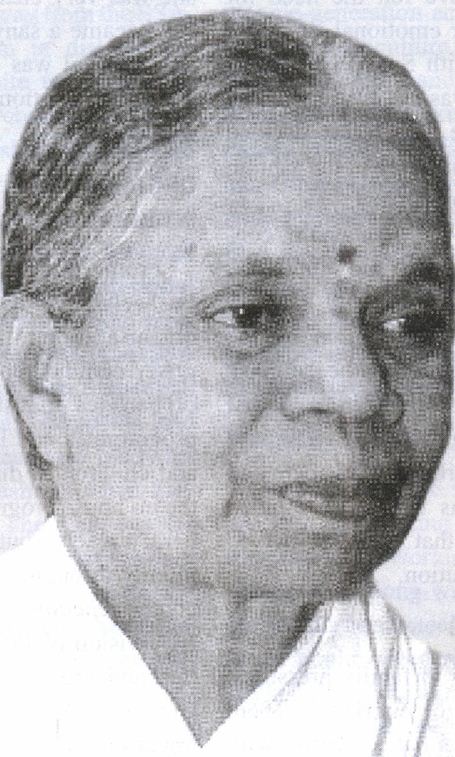

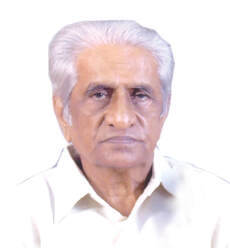
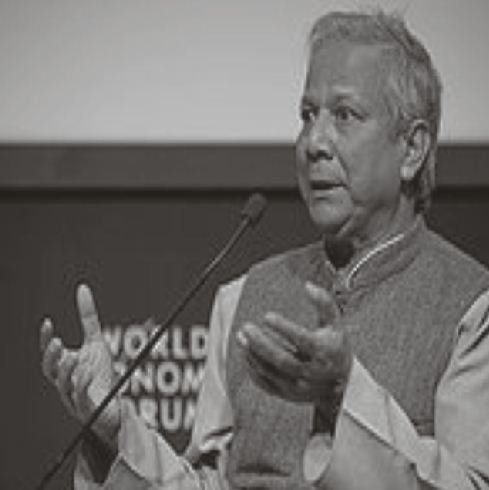
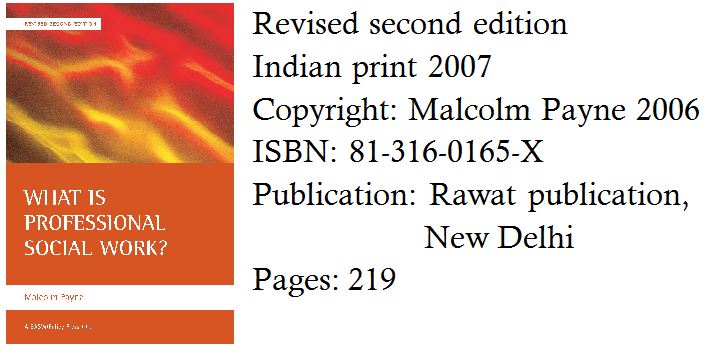
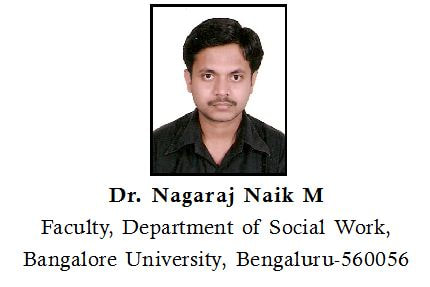
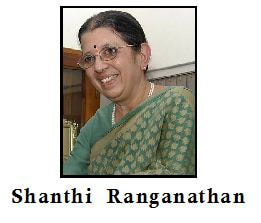
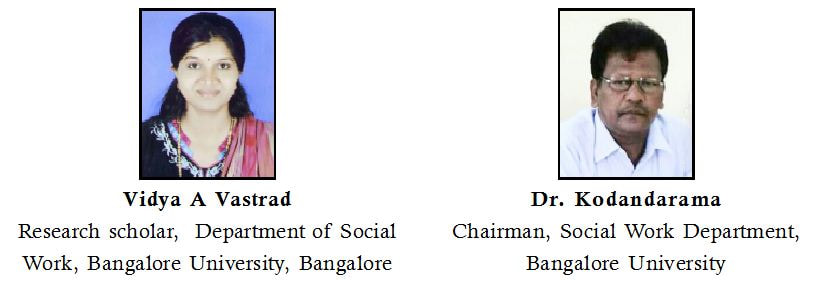
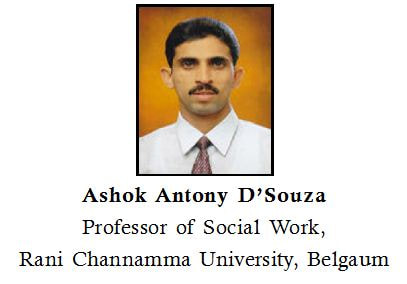
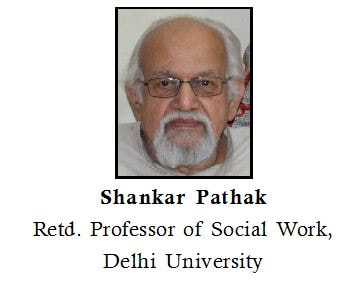
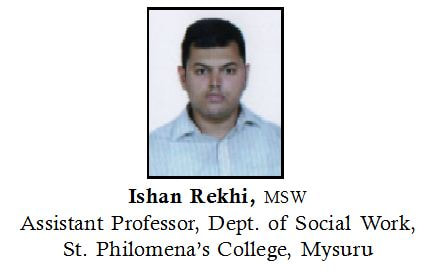
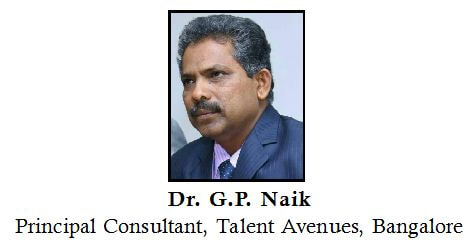
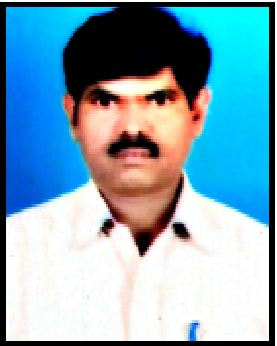


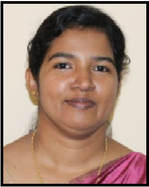
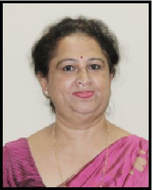
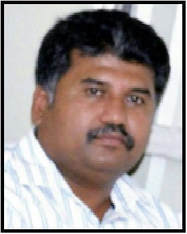
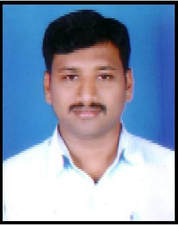

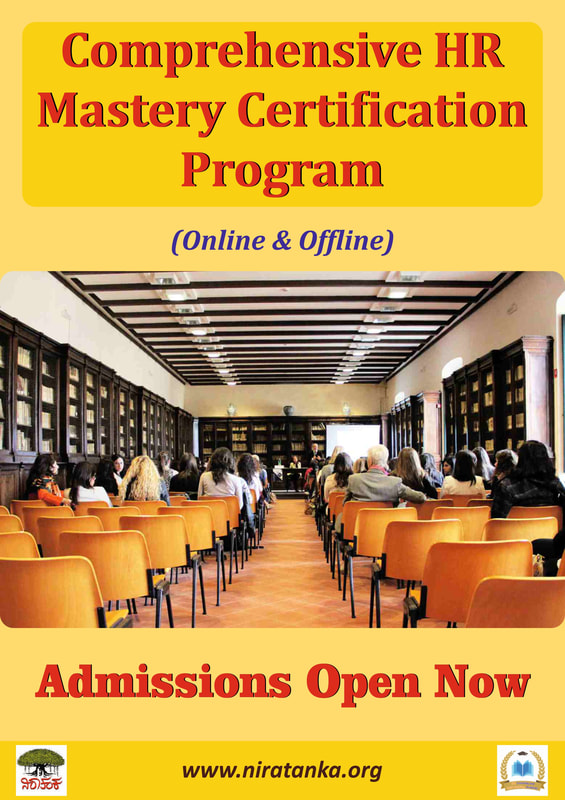




 RSS Feed
RSS Feed
